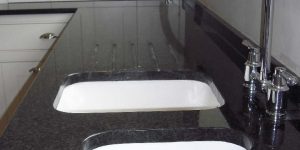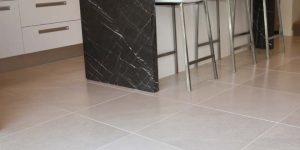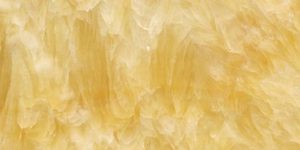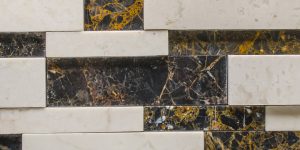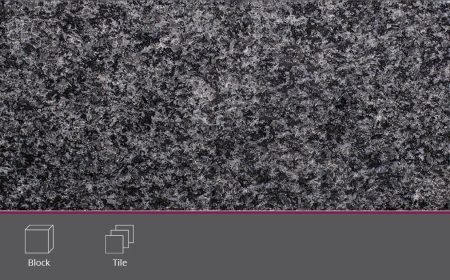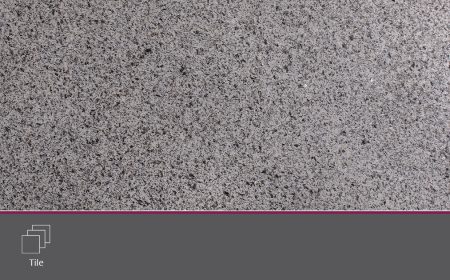this product combines perfectly high strength, texture diversity and refined appearance. Because of its durability and longevity, granite tiles can be used for interior and exterior fittings and is great for heavily used surfaces such as kitchen counter tops, kitchen islands, backsplash and bathroom vanities, and for medium and intense traffic conditions such as terraces, pavements. And as it is a one of the prestige material, used to show elegance with a durability and lasting quality.
Granite
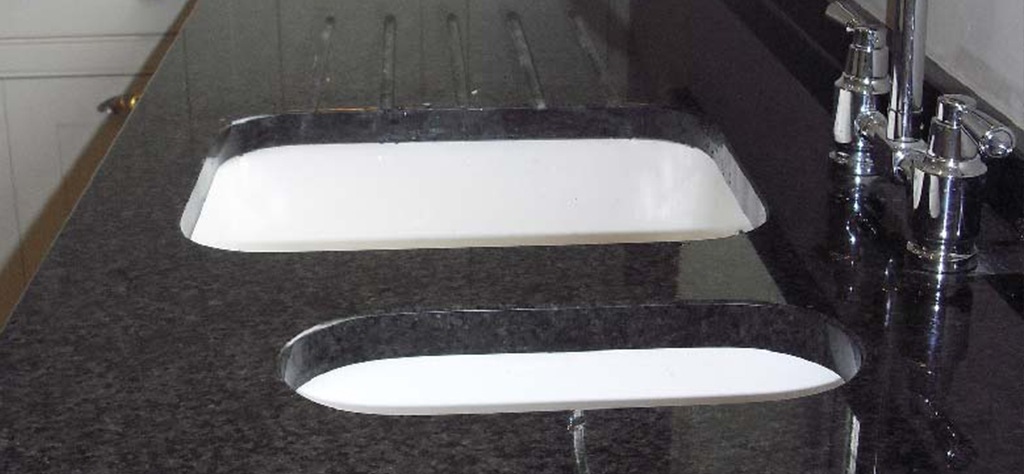
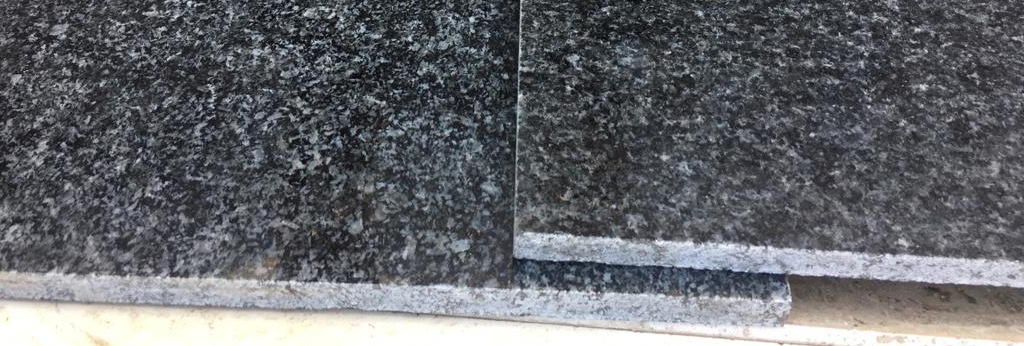
Granite is best popular choice stone in the use of domestic and commercial purpose. it is stain resistant and durable stone, it’s wide and colors make most beautiful stone for a lifetime.
At Vino Marbles we produce every type of natural and engineered stone to accommodate any project. We are dedicated to exceptional service to make your project easy & simple and our production of high quality and strongest Granite and being famous for combination of beauty and it’s finishing.
use granite in your house
Granite is a type of hard and compact igneous rock formed by quartz, feldspar and mica. Its toughness and durability make it an ideal material for facades. Resistant to heat and cold, this natural stone gives your exterior wall cladding an aspect of strength and hardness. Large formats can create continuous surfaces with a timeless style.
Countertops are not the only place to use granite in your home. There are many other applications for this natural stone: walls, floors, facades and, of course, kitchen worktops. The beauty, resistance, durability and versatility make it an ideal product for construction and decoration.
It is not just the intensity of their colours and their striking veins and grain that give a great deal of expressiveness to contemporary drawing rooms. Their finishes, too, multiply their light and visual effects and generate tactile sensations. Polished for a mirror effect, velvety with honed granites and natural sensations with aged granites.
Vino Marble offers a wide range of Granite products for your residential, commercial and other applications. Explore our different types of marbles below and visit our gallery for more products photos
FAQ
Can you scratch or chip granite?
Granite is one of the hardest stones available. It cannot be scratched in ordinary use; even a knife blade will not scratch it. It can only be scratched with specially sharpened tools designed to work with granite, like tungsten and diamond tools. Granite will chip only in cases of severe abuse with a hammer or impact tool. In the unlikely event that your granite is chipped, the mark can be filled with a granite dust and epoxy mixture. Granite will not crack with ordinary use.
DOES GRANITE STAIN?
Some colors may show signs of moisture if a spill is not cleaned up right away. Water left on a counter for some time may spot when the water is wiped up, but will then usually disappear when the granite is completely dry. Common staining liquids include liquid hand soaps, coffee, red wine and oil. If any of these substances comes in contact with the granite, wipe up the spill as soon as possible. For tougher stains, you can make a poultice of a fine absorptive non-acid cleaning powder, which should remove it.
Why is granite so popular?
Granite has emerged as the most popular kitchen countertop material because of its natural beauty
and durability.
The elegance of granite countertops add value to homes
Heat, scratch and stain resistant
Granite outlasts even the life of the home
Very little maintenance is required
It is more affordable than many people think because of the abundant supply
What is the difference between marble and granite?
Although both are stones and quarried from the earth, granite and marble (and marble’s relatives – limestone, onyx and travertine) are very different from each other. Granite is formed deep in the earth’s mantle at extremely high temperatures. It is a very hard, resistant stone made of crystallized minerals. The marble family – limestone, travertine, marble, onyx – start out as sediment – animal skeletons and shells, plant matter, silt – at the bottom of bodies of water. After millions of years this solidifies (lithifies) into stone. Because its main component is calcium, it can be affected by acids such as vinegar and citrus.




